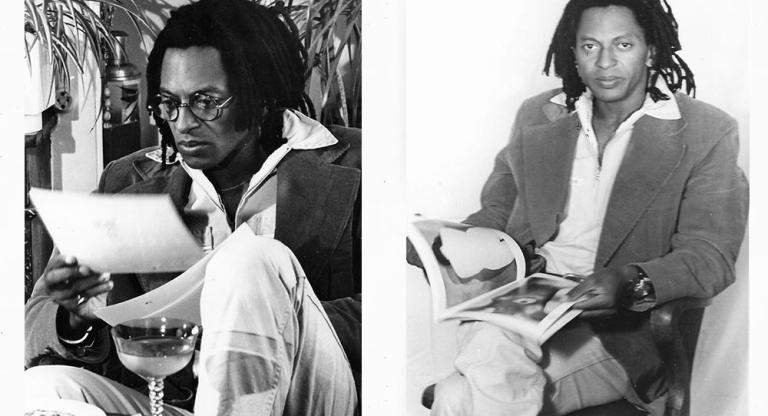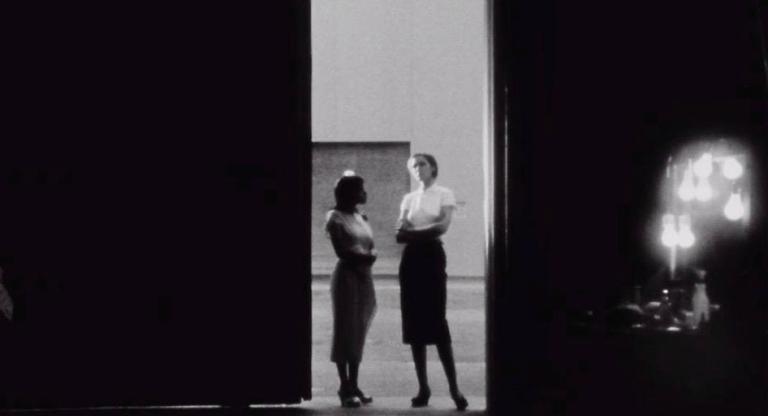
“Some people hear about my neighborhood and assume some real fucked-up things, but I’m gonna to tell you the real deal.” Released a year after the 1991 Crown Heights riots, Leslie Harris’s Just Another Girl on the IRT is at once a time capsule of pre-gentrification Brooklyn and a firmly flipped middle finger in the face of noxious stereotypes that continue to bedevil marginalized women everywhere. Epithets like “welfare queen” and “hoodrat” may have been de rigeur on the nightly news, but a few stops in on the 2 train, Harris’s protagonist, Chantal, was making film history as a confident, intelligent Black woman with approximately zero fucks to give.
Shot for a modest $100,000 over 17 days, IRT is an incendiary coming of age film that uses a meaty chapter from Chantal’s life as a synecdoche to examine larger issues of inequality, respectability politics, sexual autonomy, and the bigotry of low expectations. Despite her sterling grades and apparent intellectual chops, Chantal’s “attitude problem” earns her more ire than respect. In a perfect world, her ambition to be a doctor and low tolerance for other people’s bullshit would exist in perfect harmony. Unfortunately, as Chantal’s fraught interactions with the adults in her orbit clearly show, the world clearly isn’t ready for such a witty and volatile heroine.
A Sundance premiere cemented IRT’s place in independent film history, making Harris the first Black female director to net a Special Jury Prize. But the afterlife of her feature debut paled in comparison to her pastier counterparts. The independent film gold rush that boosted vanilla fare like Clerks and Reservoir Dogs slept on Harris and, despite a release from Miramax, IRT remains Harris’ only feature film to date. Since IRT’s premiere, over a quarter-century ago, the rallying cry to make space for Black women’s stories has grown from a whisper to a shout. If last week’s painful Oscars telecast is any indicator, the “Indiewood” arm of the film industry is finally, slowly awakening to the urgency of adding seats to the table. But audiences, hungry for work that deviates from the status quo, have already started snacking: consider Harris’ wry and honest film, a truly independent work that, like its protagonist, doesn’t wait for permission to be its brilliant self.





